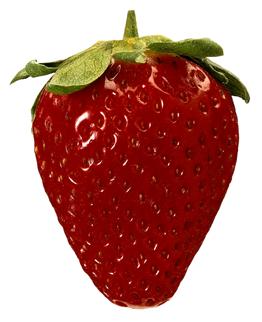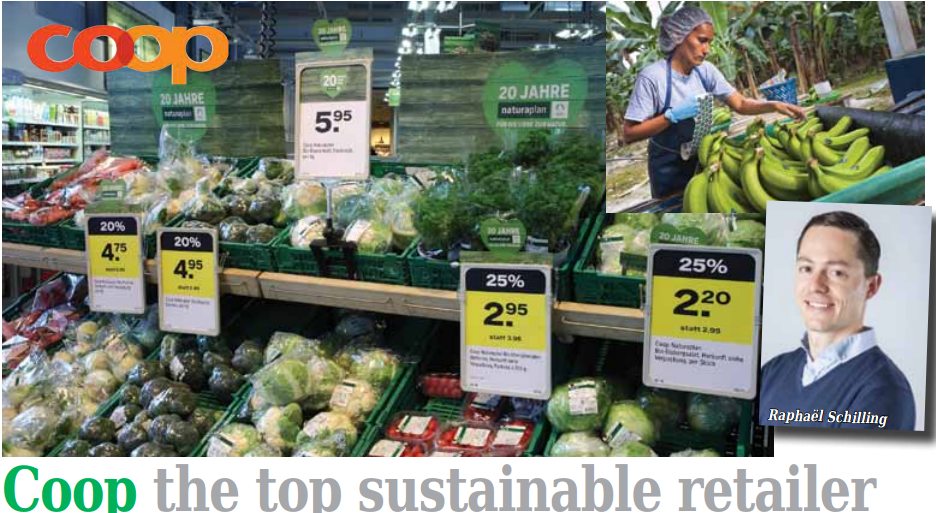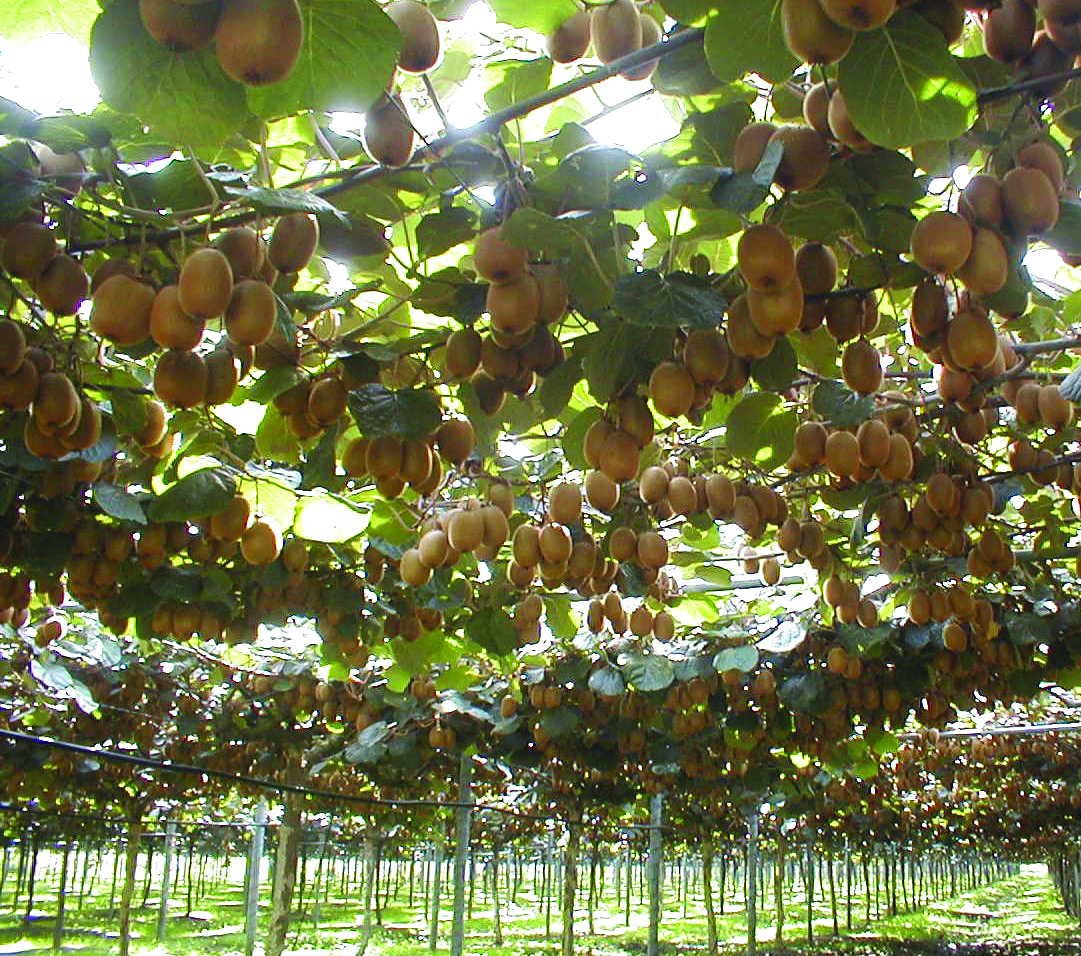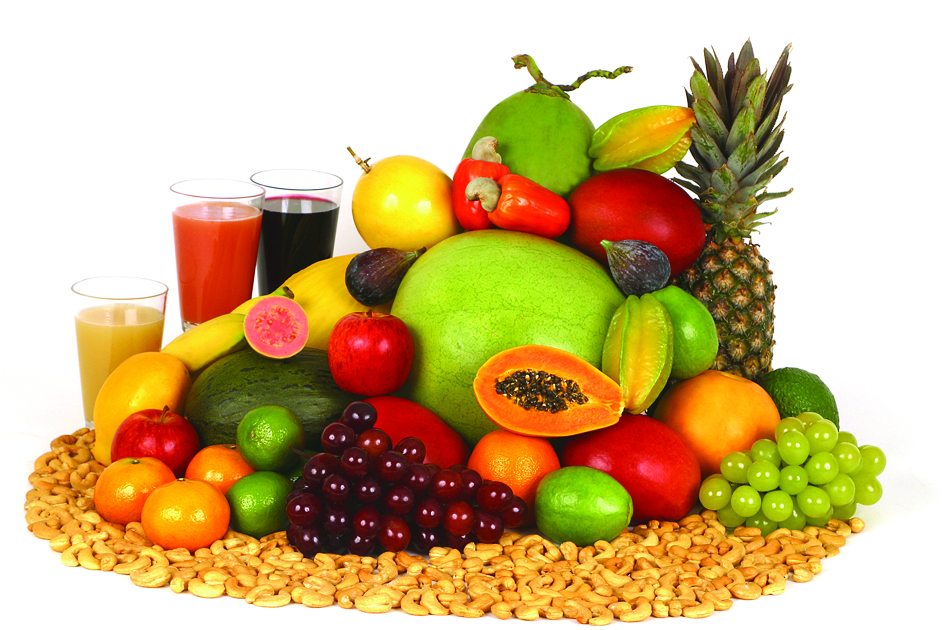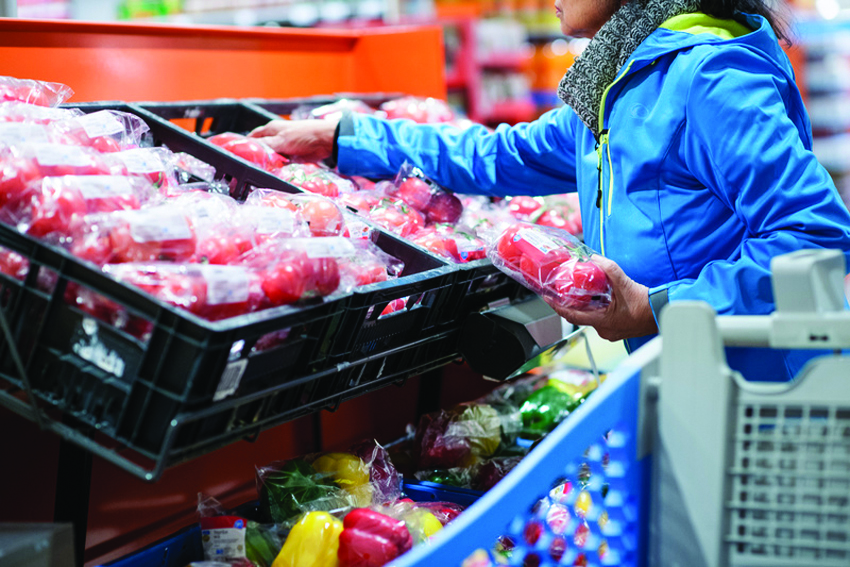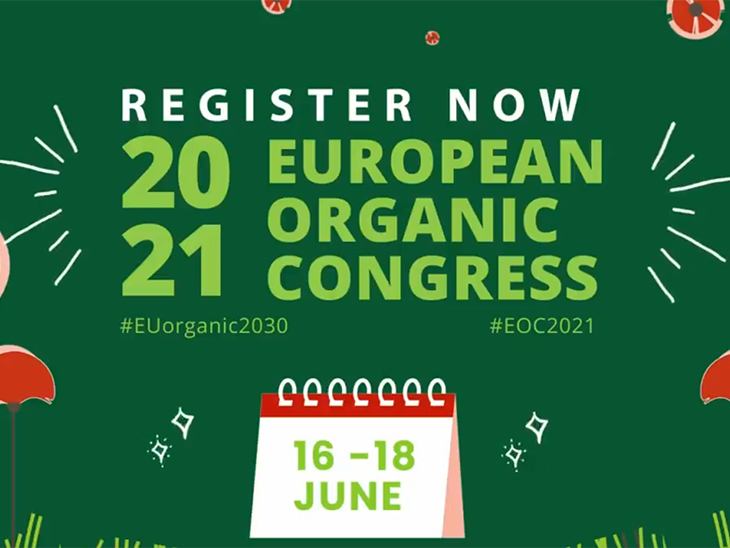
The European Organic Congress by IFOAM, with the title “Organic’s contribution to the European Green Deal”, aims this year to inspire the participants by focusing on how the agri-food sector’s initiatives enhance the transition towards a more sustainable food system, through the aid of leading examples from representatives and experts amidst the organic sector. The New EU Organic Regulation 848/2018 will also be explored, while focusing on its implications for the objective of 25% EU organic land by 2030. We will dive deep into how organic districts, living labs and farm demonstrations contribute to rural development and the success of the Organic Action Plan. Moreover, organic’s contribution to climate change mitigation, with the EU Green Deal, the Biodiversity and Farm to Fork strategies and last but not least, the Common Agriculture Policy (CAP) will be key themes for the Congress’ debates.

